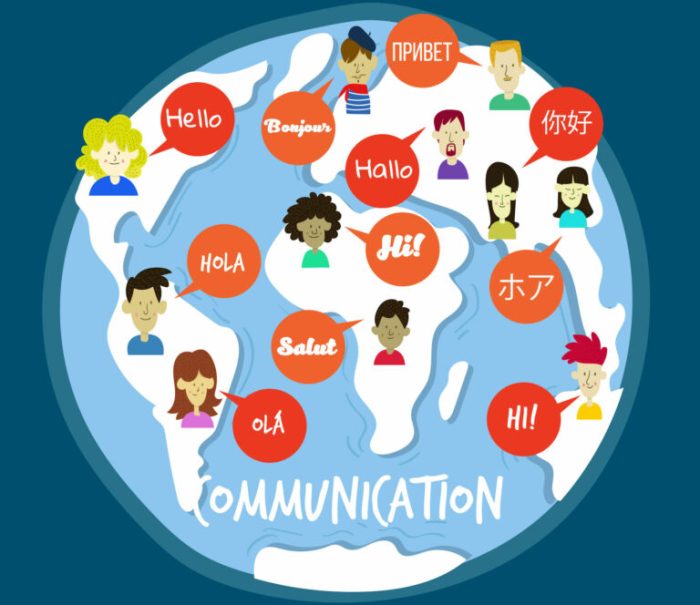Cultural barriers can impede acceptance of products in foreign countries, posing significant challenges for businesses seeking to expand their global reach. These barriers encompass a complex interplay of values, beliefs, norms, language, legal frameworks, and distribution networks, which can profoundly impact consumer preferences and ultimately determine the success or failure of products in new markets.
Understanding and navigating these cultural barriers is crucial for businesses to effectively adapt their products and marketing strategies to resonate with local audiences. This requires a deep understanding of target markets, thorough cross-cultural research, and a willingness to customize products and messaging to align with local cultural contexts.
Cultural Differences and Consumer Behavior: Cultural Barriers Can Impede Acceptance Of Products In Foreign Countries

Cultural values, beliefs, and norms significantly influence consumer preferences and product acceptance. For example, the collectivist culture of Japan emphasizes group harmony and social conformity, which affects consumer behavior towards products that promote individuality or self-expression.
Language Barriers and Communication
Translating marketing messages and product information across languages can be challenging due to cultural context and nuances. For instance, a slogan that resonates well in one culture may not be effective or even offensive in another.
Legal and Regulatory Differences, Cultural barriers can impede acceptance of products in foreign countries
Legal and regulatory barriers can impede product acceptance in foreign countries. Intellectual property laws, product safety standards, and labeling requirements vary across jurisdictions, posing challenges for companies seeking to enter new markets.
Distribution and Market Access
Distributing and marketing products in foreign countries with different distribution channels and retail environments can be challenging. Cultural factors influence consumer access to and awareness of products, such as preferences for traditional markets or online shopping.
Cultural Adaptation and Customization
Adapting products and marketing strategies to local cultural contexts is crucial for success in foreign markets. For example, McDonald’s adapted its menu in India to include vegetarian options, reflecting the country’s cultural and religious values.
Consumer Education and Awareness
Consumer education and awareness play a vital role in overcoming cultural barriers. Companies need to educate consumers about the benefits and value of their products in a culturally sensitive manner.
Cross-Cultural Marketing and Research
Thorough cross-cultural marketing research is essential to understand target market needs and preferences. Cultural insights help companies develop effective marketing campaigns that resonate with local audiences.
Case Studies and Best Practices
Case studies of companies that have successfully overcome cultural barriers in foreign markets provide valuable insights. For example, Coca-Cola’s localization strategy, which involved adapting its products and marketing to local tastes and traditions, has contributed to its global success.
Detailed FAQs
What are the key cultural barriers that can impede product acceptance?
Cultural barriers encompass differences in values, beliefs, norms, language, legal frameworks, and distribution networks, all of which can influence consumer preferences and product acceptance.
How can businesses overcome cultural barriers in foreign markets?
Overcoming cultural barriers requires a multifaceted approach that includes cultural adaptation, effective communication, and tailored marketing strategies. This involves understanding target markets, conducting thorough cross-cultural research, and customizing products and messaging to align with local cultural contexts.
Why is it important for businesses to address cultural barriers?
Addressing cultural barriers is crucial for businesses to successfully penetrate new markets and connect with consumers on a deeper level. By understanding and adapting to local cultural contexts, businesses can foster acceptance, drive product success, and build lasting relationships with customers.


